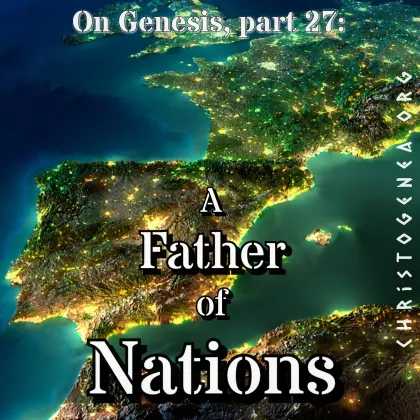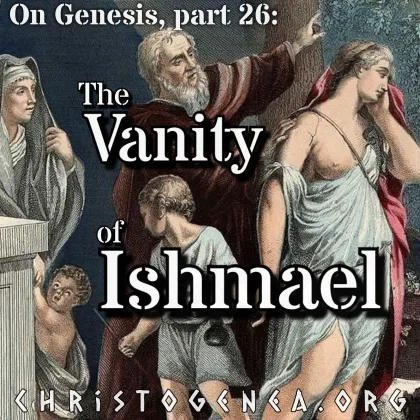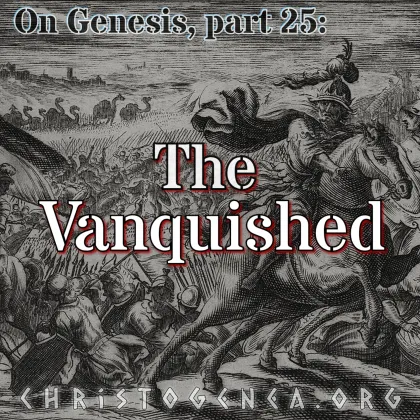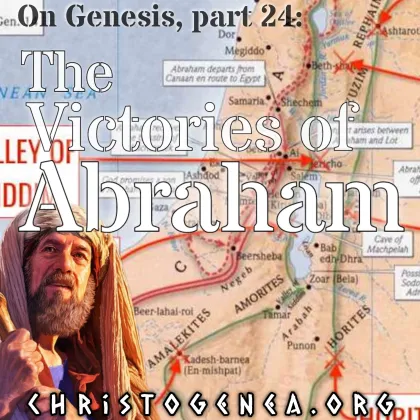On Genesis, Part 27: A Father of Nations

On Genesis, Part 27: A Father of Nations
Discussing Genesis chapter 16 we described The Vanity of Ishmael, which shall continue to be manifest as we proceed through these subsequent chapters, and as we hope to discuss later in this commentary on Genesis, it is also manifest in history unto this very day, once his descendants are properly identified in the modern world. In that last presentation, we had postulated that the first aspect of Ishmael’s vanity was that he could never fulfill the role for which Abram and Sarai had believed he would be born, which was to be Abram’s heir, the seed of the promises which Abram had from God. So while the plan for his birth had originally belonged to Sarai, Yahweh God clearly had another plan, as we shall see here in Genesis chapter 17, and here His plan shall finally be fully revealed to Abram and Sarai. This is another example of many in Scripture, that Yahweh provides information to men only on a need-to-know basis, as He sees fit, and in any event, the actions of men fulfill His will whether or not that process can ever be perceived by the men themselves. The prophecies exist only so that men may look back and see that Yahweh is God.
As we proceed here, Ishmael continues to be a subject of Genesis and shall remain in our discussion, and while Hagar had already received a promise of her own, that her seed through the unborn child in her womb would become a great nation, here we shall see that Abraham was destined to be a father of many nations, and Ishmael had no share in that promise or in subsequent related promises. Another aspect of the vanity of Ishmael, the fact that all of his seed would apparently be, or become, bastards, we may not discuss again until later chapters of Genesis, where both his descendants and those of Esau are described in Genesis chapters 25, 28 and 36.









 Please click here for our mailing list sign-up page.
Please click here for our mailing list sign-up page.








Recent comments